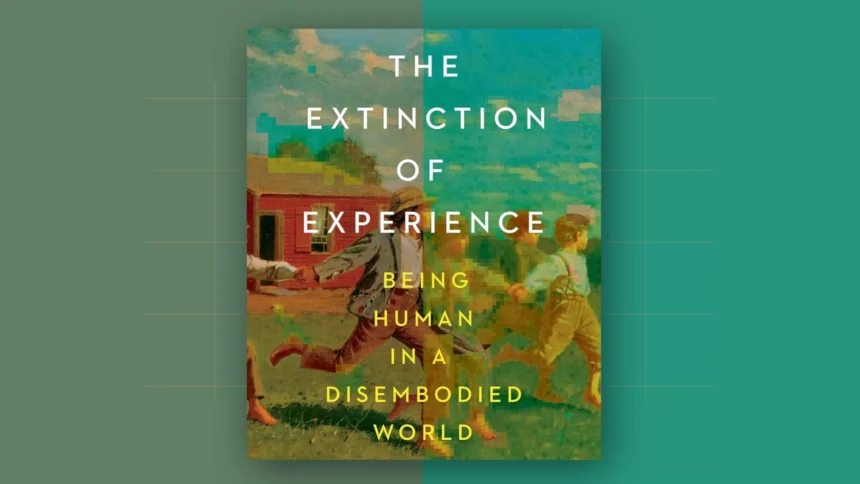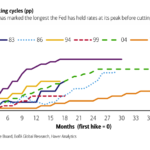Ted Galen Carpenter, antiwar.com, September 10, 2024.
excerpt:
But even if the charges are accurate, other, more fundamental issues should concern all Americans. The laws he allegedly violated are vague enough to threaten free speech and much-needed debate on many international issues, especially tensions between Russia and the United States. For example: National Interest Would participating in a Center-sponsored forum inadvertently violate any applicable laws? What about paid interviews? How can authors and participants feel confident either way? The very existence of the Foreign Agents Registration Act and various sanctions laws against certain countries is a major obstacle to the establishment of a Center-sponsored forum.st Correction.
By Robert Poole reasonSeptember 10, 2024.
excerpt:
The International Bridge, Tunnel and Toll Road Association (IBTTA) said in a recent release:
“Formally designating the I-695 corridor as an interstate highway federalizes the bridge replacement project and expands all of the restrictions on revenue-generating uses contained in Title 23, United States Code, Section 129.”
This statement suggests that using toll revenues to replace the Key Bridge would create problems for the federal government. This is false. Congress explicitly amended the law in 1991 to clarify that toll revenues could be used. Replacing Interstate BridgesToll or not, Louisiana is working to replace the aging Calcasieu River Bridge with a new toll bridge. (Italics in original)
By Mustafa Akyol, Cato of FreedomSeptember 10, 2024.
excerpt:
This is in some ways a sequel to my previous book. Jesus of Islam (2017), I looked at the Quran’s portrayal of Jesus Christ and uncovered the complex connections between Christianity and Islam. In this article, I look at the Quran’s portrayal of Moses. Curiously, Moses is the most dominant figure in the Islamic scriptures, even surpassing the Islamic prophet Muhammad.
But the Qur’an’s Moses is only a key to a larger story. The Jewish prophet was central to Islam’s founding documents because he was the model for Islam’s own prophet. Muhammad embraced the core ideals of Judaism – a rigid monotheism with a comprehensive religious law – but he preached it only to the Arab people. The theological continuity between the two faiths was so strong that the contemporary Jewish historian Shelomo Dov Goytein (d. 1985) defined Islam as “born from the very bones of Judaism.” According to Goytein, the new religion was a “reworking and expansion” of its Jewish precursor.
All this may come as a surprise to many in the West today, since they are used to hearing about the “Judeo-Christian tradition,” with Islam often seen as a distant relative at best. However, the Judeo-Christian tradition is a modern concept that only became popular in the 20th century, when Western civilization finally began to question its dark history of anti-Semitism, and sadly, parts of the Islamic world began to absorb it.
By Peter Suderman reasonOctober 2024.
In 1984, the Supreme Court issued a unanimous decision upholding Environmental Protection Agency (EPA) regulations under the Clean Air Act that allowed states to treat all pollution from a unified group of industries as a single source for regulatory purposes. A group of environmental groups challenged the regulations, arguing that they allowed the operation of equipment that emitted pollutants that would not meet regulatory standards on their own.
This was a technical exercise in legal interpretation, but the long-term impact of the case had little to do with pollution or the intricacies of the Clean Air Act. Chevron USA Inc. v. Natural Resources Defense Council, Inc., It was a small revolution in administrative law.
DRH’s comment: In my public policy classes, we used the Chevron case as an example of how to lower the cost of reducing pollution. EPA did a good job, but now I understand that they overstepped their bounds. EPA allowed industrial polluters to meet their reduction targets by reducing pollution further from the least costly sources. In other words, they achieved their targets at the lowest cost. You can see why I, an economist, liked that. I wasn’t familiar with the law.
By Virginia Postrel reasonSeptember 10, 2024.
excerpt:
Unfortunately, the book doesn’t live up to its author’s obligation to its readers. It’s full of contradictions, convenient examples, and red herrings, and it lacks historical context. And, contrary to the subtitle’s promise, it never reveals how Rosen imagines it would be to “be human,” an ideal that seems to include writing handwritten letters to far-away loved ones (but not texts! Never texts!) and embracing the tedium of long lines at Disney World.
Rosen downplays some of the most promising evidence. She only spends about a page on Zoom classes during the pandemic. She doesn’t explore why online classes are ineffective, nor does she explore when YouTube how-to and other instructional videos might be effective. By substituting the terrible effects of Zoom classes for all online instruction, she simply ignores the value of digital convenience for teaching skills that are useful in the real world, like creating a sewing pattern, fixing a garbage disposal, improving your passing game, or tying a tie. Perhaps she’s just unaware that how-to videos are common on YouTube (Khan Academy isn’t even mentioned). From Rosen’s perspective, if something is online, it has no connection to the real world, except to the detriment of it.
Virginia is good at explaining the enormous benefits that many technological innovations bring to nearly everyone.
By the way, when I saw the title of her review, I thought of Madonna and wanted to add, “And I’m a physical boy.”






